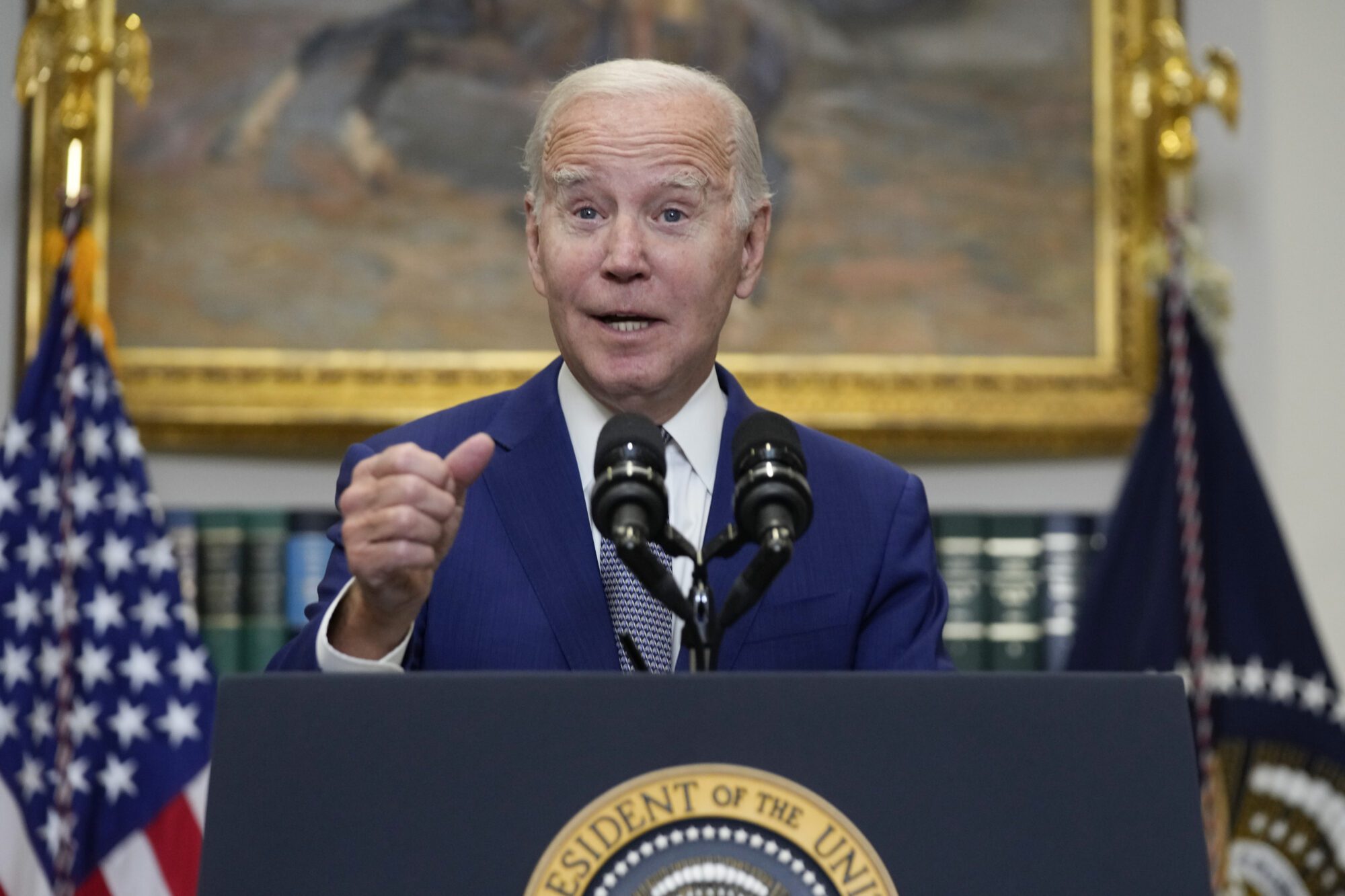
- Concerns over the impact to the tourism industry and loss of foot traffic won the day. Yet, the issue is likely to come back next year.
The anticipated negative impacts to the Magnolia State’s tourism industry appears to be what prevented the passage of a mobile sports wagering bill during this year’s legislative session. Lawmakers have attempted to pass similar legislation in previous sessions but it, too, has died.
Placing wagers on athletic events became law in Mississippi in 2018 with the stipulation that the person placing bets be within the walls of a casino.
Even though mobile sports betting outside a physical casino is currently illegal, it does occur in Mississippi. As previously reported, research into the number of geospatial checks showed roughly 9.3 million recorded visits to illegal gaming sites by users within Mississippi, one of the highest in the nation.
HB 774, authored by State Representative Casey Eure (R), aimed to allow Mississippians who were of legal gambling age to access the services from anywhere in the state via their smart phone or other electronic device.
While presenting the bill in a committee meeting in January, Rep. Eure stated that when the service becomes legal in a state, illegal bets are drastically reduced.
READ MORE: Mobile sports betting bill moves to the Mississippi House floor
The bill died in conference prior to the end of the 2024 session.
State Senator David Blount (R), chairman of the Senate Gaming Committee, said the bill died because it went too far, and as such was anticipated to negatively affect the tourism industry in Mississippi.
HB 774 initially proposed to allow not only sports betting, but also grant mobile access to other games of chance a casino offers within its walls, including poker, craps and slot machines, for example.
Senator Blount said there is a difference of opinion on whether offering those services outside of a casino could negatively affect the tourism industry.
“Mississippi has an industry that is a tourism destination that employs tens of thousands of people in the state,” Blount said. “We want to make sure that whatever we do does not damage the brick-and-mortar casinos and the jobs they maintain.”
Blount added that discussions over the proposed legislation this session were more serious than in previous years, but the trouble was in proposing access to all of the games of chance outside a casino’s walls, which could result in a reduction of customers within the casino.
“If you can stay at home on your couch and play slot machines and poker and wager at home then you don’t need to go to the casino to do that,” Blount described.
More than just casinos would have been affected, Senator Blount added. Casinos are important to the state’s economy because they bring customers to the other amenities that are part of the tourism industry, such as hotels, restaurants and golf courses.
“Mobile sports betting, mobile gaming, does not do that,” Blount said.
There were also consumer protection concerns. For instance, Senator Blount said concerns were raised about allowing a credit card to be used to place bets, or restricting it to cash on hand, such as in a debit card. Establishing limits on promotions and enticements that encourage more bets was discussed as well.
“So, if we were ever to do this, we need to have consumer protections involved,” Blount added.
How winnings would be taxed was also at point of concern, with Blount saying deliberations occurred over whether to impose additional taxes as well as where the extra revenues would be directed in the state budget.
Rep. Eure estimated earlier this year that the bill’s impact on tax collections related to estimated mobile sports wagers could bring in $25 to $35 million in additional revenue. However, Senator Blount said a legislative PEER study conducted at the request of the Legislature last year provided an estimate of about $15 million. He contends that estimates on lottery sales prior to it becoming legal were less than actual collections.
In spite of the bill’s failure this year, Senator Blount predicts the matter will come up again.
“There are a lot of people that want to do this and it is certainly worth discussing and I’m sure it will be looked at next year,” Blount stated.
The Mississippi Gaming Commission is prepared should mobile gaming become legal at some point. Deputy Commissioner Edward Wong told Magnolia Tribune that if such a bill were to become law, not much would need to be done on their end, short of some changes to geofencing which determines the location of a person or device that utilizes technology such as GPS, cellphone towers or RFID devices.
“There’s no difference as far as setting up an account and wagering off that mobile device,” Wong said. “All the verifications that are required now are exactly the same, whether that wagering is done in-house on mobile, on the premises of a casino, or if it’s statewide.”
Geofencing as it is used under current law employs beacons on the casino’s property to ensure those placing bets are physically within the casino. Should the option to place bets from anywhere in the state became legal, cellphone towers would most likely be used to verify locations, Wong explained. States with legal mobile sports wagering demonstrate the technology is already in place, he added.
The only other aspect the Gaming Commission would be involved in would be regulating the tax structure any new law would establish.
“Since sports wagering went live initially it’s something that the Gaming Commission has geared up for,” Wong said. “We’ve done as much research as we possibly can to be ready for it whenever it does happen.”











